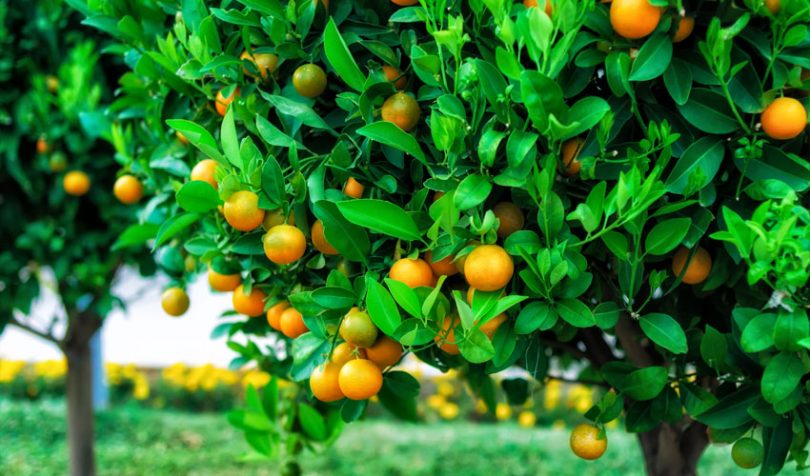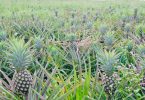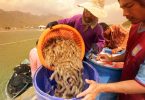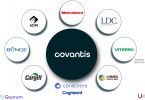Yesterday Dutch Supermarket Albert Heijn (AH) unveiled an orange juice food traceability app. For the project, the biggest supermarket in the Netherlands partnered with bottling company Refresco and global food merchant Louis Dreyfus Company (LDC). Louis Dreyfus also previously participated in the ING Easy Trading Connect trade finance blockchain project.
Marit van Egmond, commercial director Albert Heijn commented: “Transparency in the chain is becoming increasingly important. We know all the steps that our products in the chain go through to ensure that they are produced with respect for people, animals and the environment. We also want to show these steps to our customers, open and transparent.”
How it works
Consumers use a mobile app to scan a QR code on the juice bottle to discover the journey from farm to supermarket. In this example, the LDC juice originates from Brazilian orange groves.
By identifying the farm, AH and therefore users will know the grower’s quality certifications for food safety and sustainability. Additional details are available such as the sweetness of the oranges. Customers can also compliment the farmers by providing feedback.
All AH sustainable orange juice use oranges certified by the Rainforest Alliance.
Albert Heijn has more than 11,000 own brand products. Hence this is just the first where they can show every step in the supply chain for their AH sustainable orange juice.
Maarten Kusters, Managing Director Refresco Benelux said: “This is a unique way to bring the grower, processor, bottler, retailer and consumer together and to make the entire process of making fruit juice transparent.”
“Last year we founded the Sustainable Juice Covenant, together with several other industry parties. Our goal is to process 100% sustainable juice in the fruit juice products of our customers by 2030. ”
Murilo Parada, Head of LDC’s Juice Platform commented: “This project is a great opportunity for LDC Juice to show the many steps in the production of fruit juice in a transparent way. By making the details transparent, from orchard to bottle, consumers understand how the sustainable juice chain at LDC works.”
Referring to the ING blockchain project, he continued: “LDC completed the first blockchain for trade in agricultural products in January 2018 and is convinced of the enormous opportunities that this technology offers to enable digital transformation.’
Other food traceability blockchains
The highest profile initiative is the IBM Food Trust program with Walmart. French retailer Carrefour launched a traceability project for its premium farm products. And Subway and Tyson are testing FoodLogiQ’s blockchain traceability project.
In Cambodia, Oxfam recently launched an organic rice traceability initiative to empower farmers. Alibaba’s Ant Financial is also involved in a rice traceability project in China. In the UK, the Food Standards Agency started to use blockchain to trace cattle at the slaughterhouse. This is primarily to trace potential contamination issues with plans for further traceability.
TE-FOOD is involved in a Vietnamese pig tracking initiative as well as the Wyoming cattle rancher blockchain.







